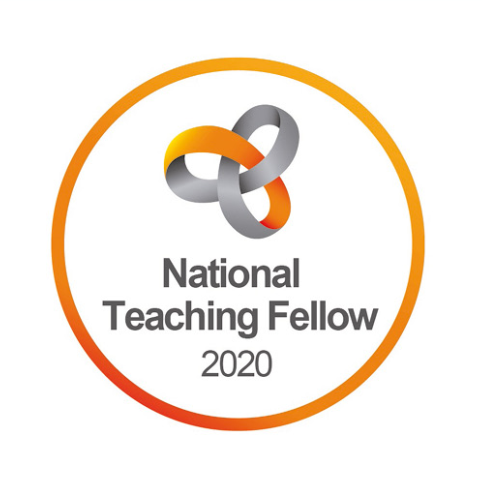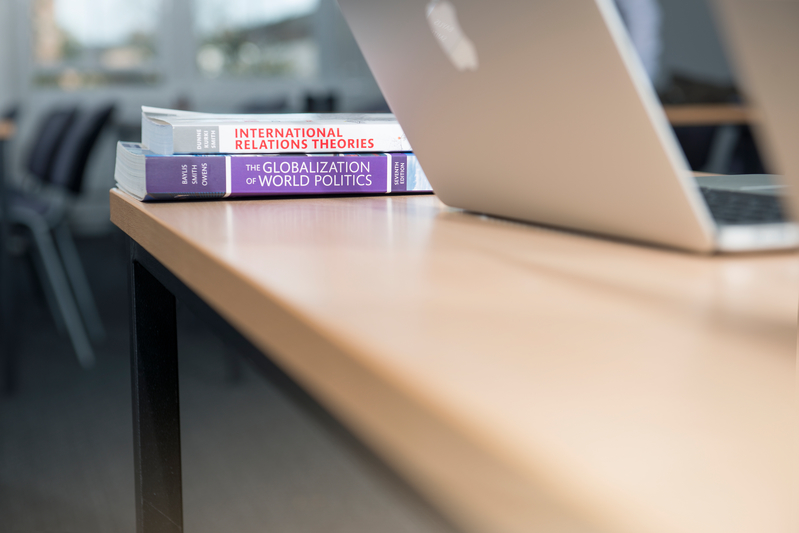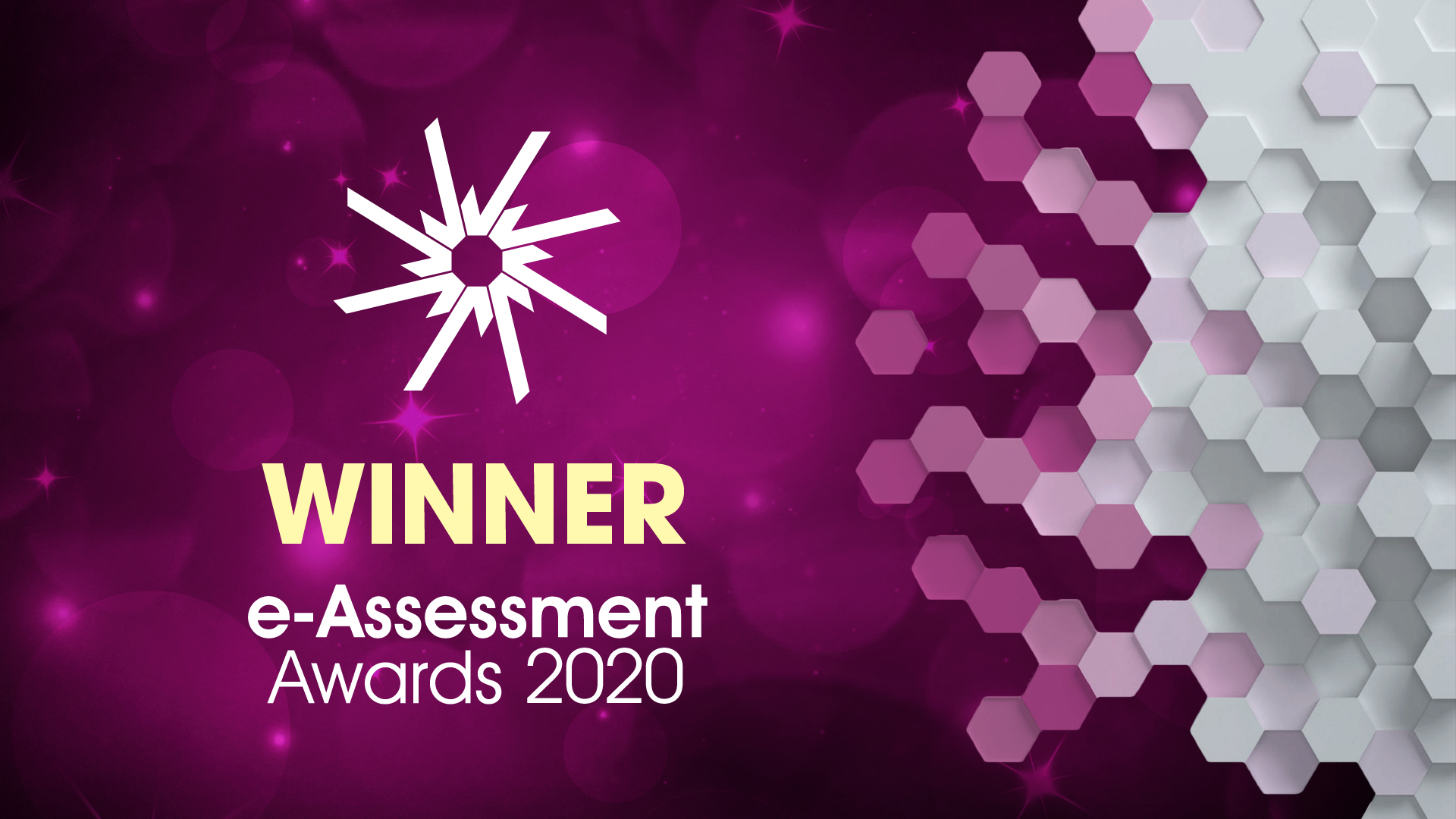Are you a member of academic or professional services staff interested in digital exams?
The digital exam system procurement process is going ahead as planned, and we are making adjustments to enable staff to participate in usability testing while remote working.
We appreciate that this is a very busy time for colleagues across the University. However, it is necessary to go ahead with usability testing now to support the digital exam system procurement process. If you are interested and have capacity to participate in usability testing your contribution will be very valuable.
We are looking for volunteers to test digital exam systems, to help assess how user friendly each one is. Testers’ feedback will be a key part of the evaluation stage of the tender process, and have a direct impact on which digital exam system the University introduces from next academic year.
Usability testing is open to all University staff. You can choose to test from the perspective of either:
An exam administrator testing how to create exam settings, and manage marking and moderation processes. Approximately 90 minutes per system.
An academic testing how to create exam questions, and carry out marking and moderation. Approximately 2 hours per system.
To participate you need to commit to test all of the systems that meet the University’s mandatory requirements, which we estimate may be between 2 and 4 systems. This is required to ensure that the evaluation process is fair, and we’ll be able to confirm the number of systems being tested the week before the testing begins.
Full instructions and video demonstrations will be provided for each testing task. You can complete the testing tasks at any time that suits your schedule over the usability testing period from Monday 1 June to Monday 15 June.
To register your interest in doing usability testing please complete this form by 12 noon on Tuesday 26 May 2020. Please contact digital.exams@newcastle.ac.uk with any queries.





